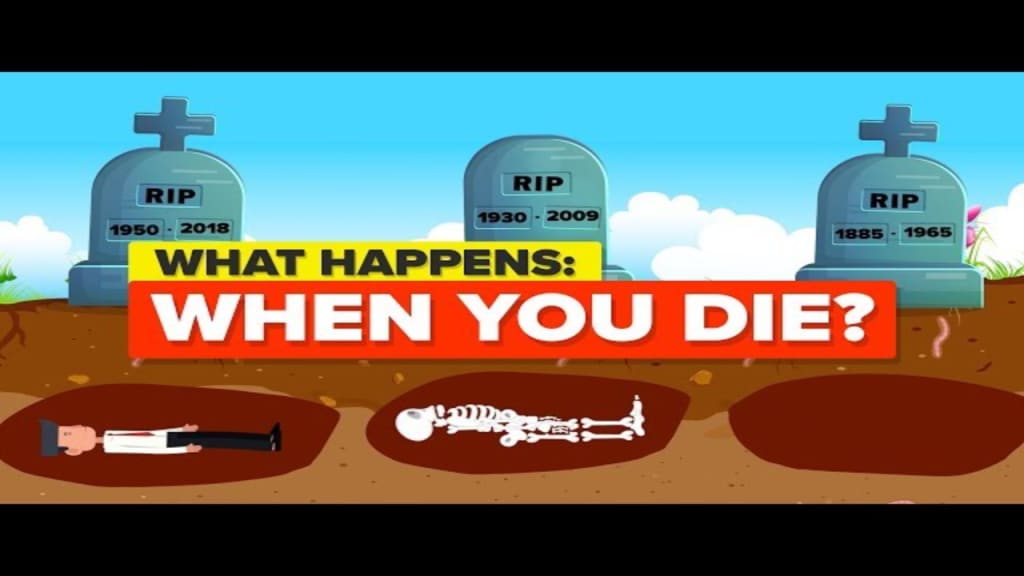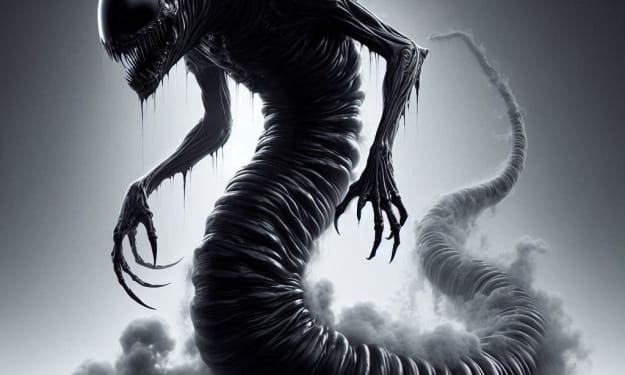
In our unyielding quest for knowledge, there exist certain questions and enigmas that prove to be significantly more challenging to decipher than others. Among these, the question of death stands as perhaps the most formidable. What truly transpires when life comes to an end? Can we ever attain complete certainty until we personally reach that juncture? These are dilemmas that humanity has grappled with since time immemorial, yet have we now, at last, been granted a glimpse of the ultimate truth? Welcome to Unveiled, where today we're addressing the exceptional inquiry: Have scientists recently uncovered the secrets of what occurs during the process of dying? Are you seeking answers to life's profound queries? Do you possess an insatiable curiosity? If so, why not subscribe to Unveiled to enjoy more content like this? And make sure to ring the bell to receive more content that will provoke thought! As anticipated, numerous studies on death have been conducted throughout the years. However, it's worth noting that ethical considerations have understandably made the examination and measurement of death a somewhat intricate endeavor. Death is an inevitable aspect of existence, yet its arrival often catches us off guard. Even in hospital settings, the focus at the moment of death tends to be on making efforts to sustain the individual's life rather than meticulously documenting the process of their passing. Nonetheless, in February 2022, news emerged of an unintentional recording capturing the brain activity of a person in their final moments.
Scientists have reportedly gained a distinct insight into an individual's final moments.
Although the details of this revelation were made public in 2022, the event actually occurred six years earlier, in 2016. A Canadian patient, aged 87, was undergoing treatment for epilepsy. This treatment involved medical professionals conducting brain scans to monitor neural activity. Unfortunately, during one such scan, the patient suffered a heart attack and passed away.
This unfortunate incident led to researchers capturing a series of unique moments within the patient's brain, encompassing the period before, during, and after death. This recording accumulated approximately 900 seconds of brain activity. As a result, analysts were able to accurately pinpoint the thirty seconds leading up to the patient's passing, as well as the thirty seconds that followed.
This study appeared to support the notion that one's life flashes before their eyes during the process of dying. The research, published in the "Frontiers in Aging Neuroscience" journal, showed an increase in gamma activity in the dying brain. These brain waves are typically associated with memory recall, and the recorded patterns also relate to intricate functions such as dreaming and meditation.
This study suggests that when death approaches, the brain might embark on a phenomenon known as "life recall." In the case of this patient, this phenomenon may have lasted up to thirty seconds after the cessation of the heart's beating. While many accounts of near-death experiences attest to revisiting key life moments, this study offers a unique scientific perspective. Similar gamma surges have been observed in the brains of dying animals, further highlighting the significance of this research.
However, it's important to note that this study is a single case study, and its findings can't be universally applied to all brains. Factors like the patient's epilepsy diagnosis and previous medications might have influenced their brain's response to death. Additionally, as there was no baseline measurement of normal brain activity for comparison, the extent of differences between the dying brain and standard brain activity remains uncertain.
Despite the groundbreaking nature of this study, numerous questions and mysteries remain unresolved. Nevertheless, this study could mark a significant moment in our quest to comprehend the dying brain and the broader human brain. The twenty-first century is proving to be a pivotal era for neuroscience, with initiatives like the Human Connectome Project aiming to unravel the complexities of the human brain.
However, due to ethical considerations, further in-depth studies on dying brains are challenging to conduct. The rarity of obtaining such information limits comprehensive research on the topic. Yet, this study has shed light on the concept of "life recall," supporting claims often met with skepticism. While the study cannot prevent death, it does provide some comfort by suggesting that the brain's activity during death triggers dream-like memory recall.
In the grand scheme, there remains much we don't understand about death, and philosophical questions about the soul, spirit, and mind persist. The human instinct to seek ways to overcome death has driven various endeavors, but amidst this pursuit, it's crucial to embrace and make the most of life's unique and wondrous opportunities.
About the Creator
Nicole Miller
My name is Nicole Miller i am from Jamaica i am a certified Customer Service Representative i can be classified as a dedicated and ardent team player .
Enjoyed the story? Support the Creator.
Subscribe for free to receive all their stories in your feed. You could also pledge your support or give them a one-off tip, letting them know you appreciate their work.





Comments
There are no comments for this story
Be the first to respond and start the conversation.